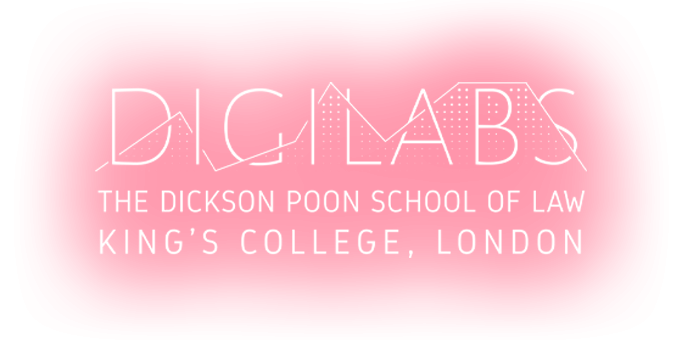VISION
“THE DIGITAL REVOLUTION IS FAR MORE SIGNIFICANT THAN THE INVENTION OF WRITING OR EVEN OF PRINTING.”
– DOUGLAS ENGELBART
Thanks to Big Tech and the advent of platforms such as Google, Alibaba, Amazon, Facebook, and Twitter, the way we live, search for things, shop, communicate, and even woo each other have all changed fundamentally.
Digital technology has freed up our time from manual tasks; it enables us to keep in touch globally and to be informed on a scale never experienced in history. But as we open our houses to ever more interconnected technology, as governments ponder the idea of “smart cities,” and as the hunger for convenience and speed push caution to one side and increase our attack surface, the same technology we are embracing is being turned against us.
Bad Actors are exploiting technology in multiple ways: by pilfering private data to steal funds from bank accounts; by misusing social media and advertising data; by placing false ads to unsuspecting consumers; by posting child abuse; by texting hate speech, or by spreading fake news. The Bad Actors engage in these activities while hiding behind the hallowed tenets of free speech. They are also weaponizing technology and they are using it smarter and more efficiently than Good Actors.
A case in point is the ruthlessly efficient way in which Bad Actors use technology to flood the online market with pirated and counterfeit goods. Their success in churning out perfect copies at unprecedented volume and speed stands in stark contrast to the slow and faltering way in which Good Actors use technology to authenticate their product through supply and distribution chains.
These challenges raise the thorny issue of whether regulation may be an effective response to the smart use of technology by Bad Actors in the digital world. Regulation intuitively goes against the very grain of the prime directive of the original dreamers of the digital age when they built the Internet. Digital pioneers John Postel, Sir Tim Berners-Lee, and Vincent Cerf postulated a free and unfettered cyberworld – a glorious environment where information flows freely, where the right to know is a given, where scientific collaboration is easy, where you can express your opinions without censure, and where free competition allows you to set up an online business that knows no boundaries or borders. So how then to reconcile that which is potion with that which is poison?
There is, though, an even larger and more pressing issue in the digital era. Courts and legislatures around the world have become woefully inadequate in dealing with, and stopping, the actions of Bad Actors online. As Professor Tim Wu has warned, the volume and frequency of online activities are unprecedented. The law has traditionally lagged behind commercial and technological development. And playing catch-up in the online context has turned into an increasingly desperate struggle by courts trying to keep up with the explosively rapid pace of technological development, as foreseen by Moore’s Law (by which the number of transistors per square inch on integrated circuits has doubled every year since they were invented). It makes no sense for a brand or content owner to run to court – at great expense – to stop the single sale of a pirated or counterfeited product on a digital platform because the actual listing typically appears online for only a few hours. Moreover, such action does nothing to address the multitude of other fake listings posted by other Bad Actors.
The law has always lagged behind commercial or technological development. Yet, the vacuum created by an absence of legal guidance in the digital world is already being filled. Many web and social media platforms have become the de facto “gatekeepers” and norm developers in the digital world. Pressured by law enforcement authorities, government, copyright content owners, and “safe harbour” legislation rules, most platforms have developed their own detailed rules and systems. Platforms have by circumstance had to become the modern-day equivalent of judges and juries in the online world. Who safeguards the proportionate balancing and the fine line-drawing between fundamental rights when neither legislators nor judges have developed any legal norms? How are the rights of third parties, such as customers, members of the digital public, micro intermediaries, tech start-ups, and SME intellectual property owners, taken into account?
The Digital Communities Lab seeks to investigate and resolve cutting-edge technology and IP issues by forging an interdisciplinary community of scholars, digital, tech, and industry experts, and students from a wide range of backgrounds and disciplines around the globe. The Lab aims to study the tensions between new technologies, fundamental rights and the law, pioneering new ways to balance conflicts between privacy, free speech, free competition and intellectual property interests in the digital world. Key areas of focus include the use of Blockchain for IP related businesses, Machine Learning, virtual reality and intellectual property, data misuse and intermediary responsibility and cybersecurity.
